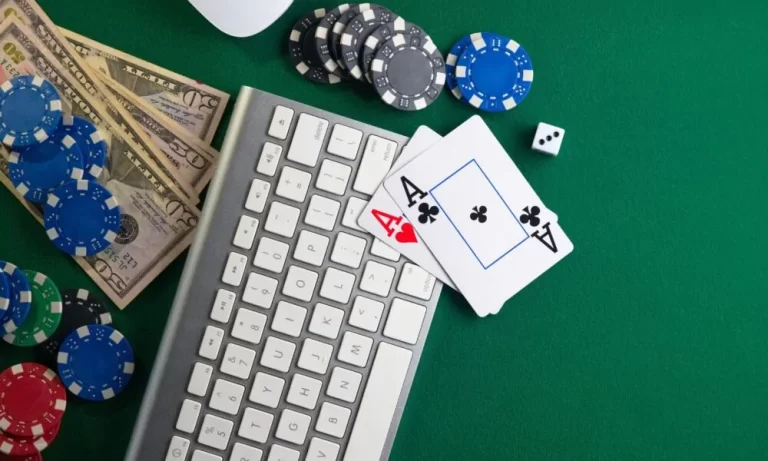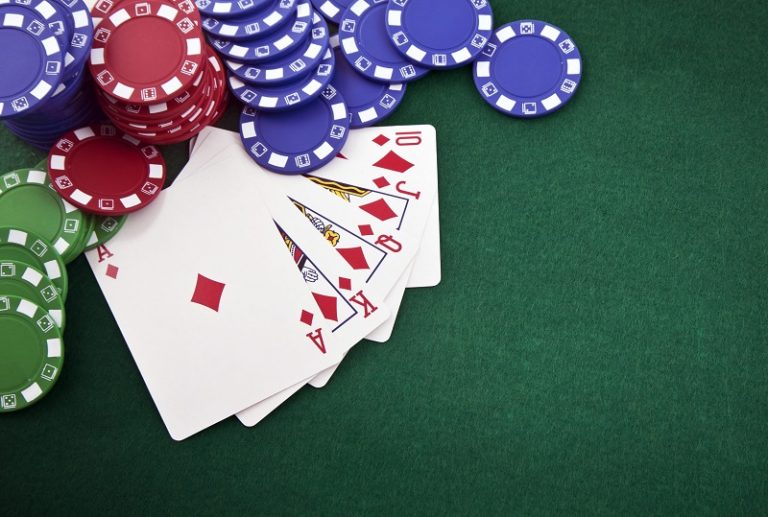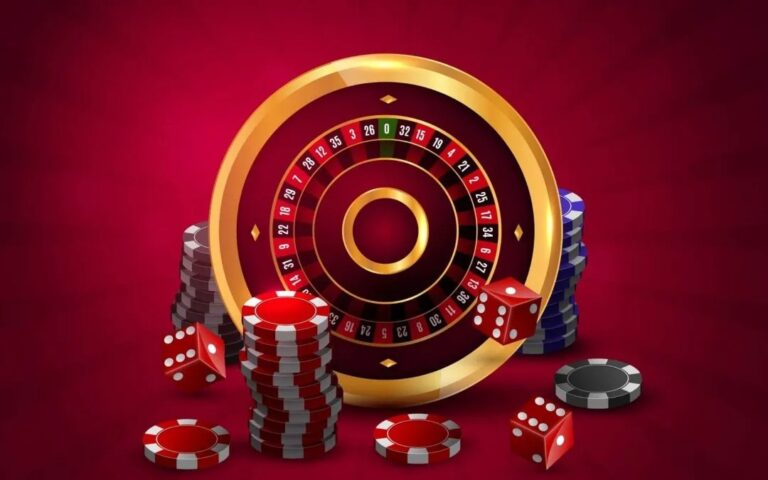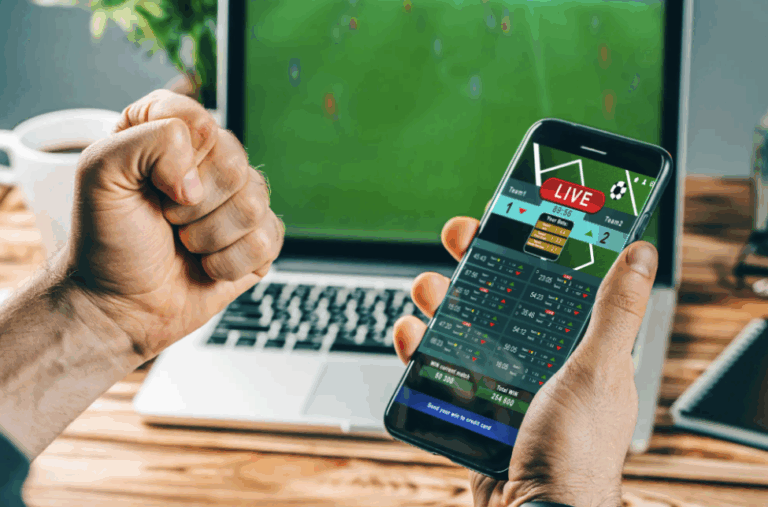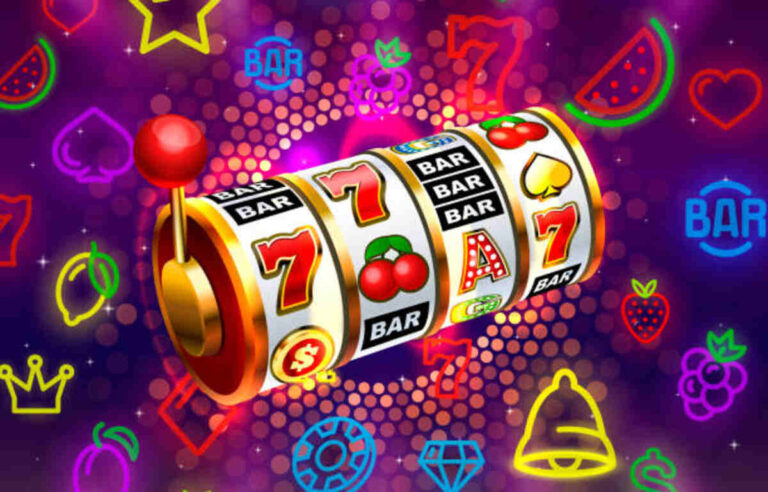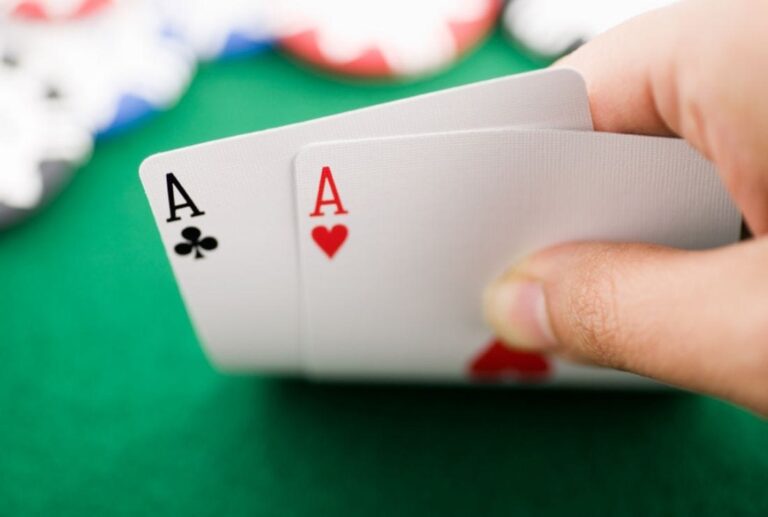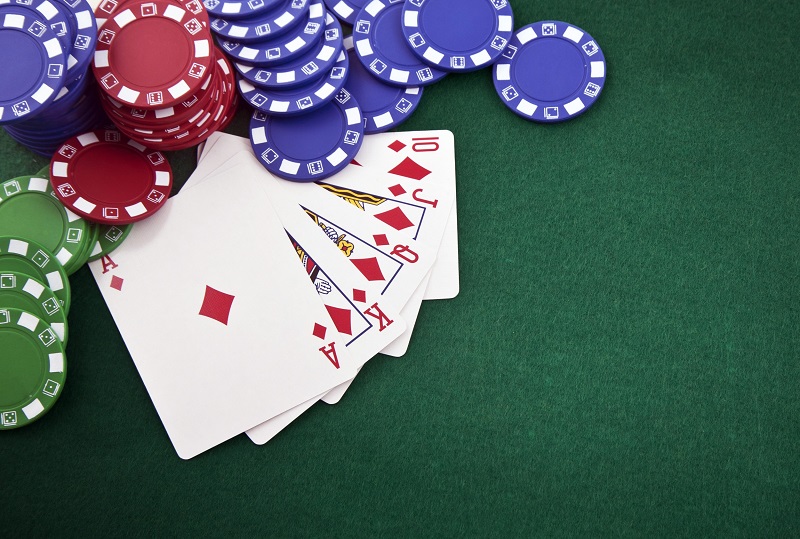
At the point when we consider data it relates to poker, it is useful to consider it as all over and endless. Obviously, we are human, thus we are restricted in our capacity to see, gather and interaction this data. Since we are simply ready to handle a small portion of the data accessible to us, we would be very much served to foster data preparing frameworks that assist us with recognizing significant data, and manage it in a more proficient, useful way.
While data by its tendency is boundless, helpful, exploitable data is a lot of restricted. Of this restricted measure of helpful data that is zooming around the best poker hands table, every player parts with, gathers, and cycles an alternate, yet limited sum, in light of their capacity to do as such. The best players on the planet have profoundly refined strategies for managing poker data, and they utilize their better strategy than rule in the game. Thus our capacity to prevail in a poker not really set in stone, in enormous part, by how well we manage data comparative with our adversaries.
Data Processing Strategies the Pros use
Proficient players see that it is so basic to enjoy an enlightening upper hand over their rivals. They have grown generally utilized procedures that increment the measure of poker data obtained, and lessen the measure of data parted with. We will examine a few of these procedures momentarily, with the goal that you might join them into your game.
Data securing starts when you go into the poker room. The main thing to do is size up the games. Choose which game you might most want to play in, in light of the activity and the players. In the event that you have a decision between open seats, pick dependent on who might be on your left side or right. For the most part, you need the free, forceful players to your right side, so you can perceive what they will do before you reach out, thus that you can rebuff them when they escape line. In case there are no liabilities in the game, track down a pleasant stone to incline toward (keep the tight, unsurprising player to your left side).
When you plunk down in the game the time has come to focus. It just so happens, this is definitely not an uninvolved undertaking. Experts are consistently in quest for any goody of poker data that they can use for their potential benefit, on the grounds that acquiring little pieces of data can regularly have the effect among winning and losing gigantic pots. Poker data will come in both verbal and non-verbal structures. Know about and ready for both. Focus on the discussion between hands.
As the cards are being managed, give specific consideration to the activity behind you. Players will regularly part with in the event that they mean to raise, call or crease. Numerous players will check out their cards each in turn, as they show up. This is a horrendous thought, particularly for competition play. Delay until it is your chance to act to check out your cards. This will leave you undistracted and allowed to accumulate data during a crucial time, when others are responding to taking a gander at their cards. It likewise keeps you from parting with data about your hand before you act.
At the point when it is your chance to act, don’t act excessively fast. Great players slow the game down, a tiny bit of spot. This gives you an opportunity to act in a quiet, created way. Try not to fluctuate the way wherein you put the chips in the pot. There are various poker tells related with this change. Attempt to breath in an even, musical way, as pausing your breathing is likewise a tell. Make an effort not to blabber, particularly when you have a major poker winning hands. In a poker game, private data will in general be more important than public data. This means, on the off chance that you know something that no other person in the game knows, hush up about it! Sharing the data will make it less important to you.
Poker Information as a ware
Since important data is scant, and its dispersion is inconsistent, it works a lot of like a product. While it is regularly not purchased and sold, it is frequently exchanged. The guideline here is clear: If you can draw in exchanging data with different players, and the worth of the data you gain is more prominent than the worth you provide for your rivals, you have helped yourself.
Since poker is a round of influence and strength, data exchanges are once in a while advantageous together. One party is quite often surrendering worth to another, and the two players are surrendering worth to those players at the table watching the exchanges. At the end of the day, players who participate in data exchanging deliver a profit to different players who are focusing.
Most players are enigmatically mindful that these data exchanges are happening, and on the grounds that they are self-intrigued, they don’t wish to surrender more worth than they get. Numerous experts perceive this, thus they are compelled to muddle their expectations through different means. Many will set “data traps,” where they seem to surrender data for nothing, however normally, when the exchange is finished, they have usurped esteem. However, recall that a little snippet of data might be more important to an expert than an enormous piece is to a novice. Thus his “gift” of free data frequently winds up being a snare, he gets the critical data he needs, and the chips turn out well for him.
In case you are another player, it is smart thought to stay away from data exchanging, particularly with players who are more modern than you are. Exchanging poker data with somebody who is at a more elevated level than you will quite often end up being awful for you. Notwithstanding, over the long haul, it will work on your game in the event that you can dominate the strategy. A decent way of beginning is by rehearsing in low breaking point games where the essential goal of most players is to have a great time. Take a stab at starting data exchanges by gabbing to different players, and observing how they respond. Along these lines, the data that you give will be for the most part verbal, yet what you get will be both verbal and non-verbal. Perceive the amount of “its best” you can get.


